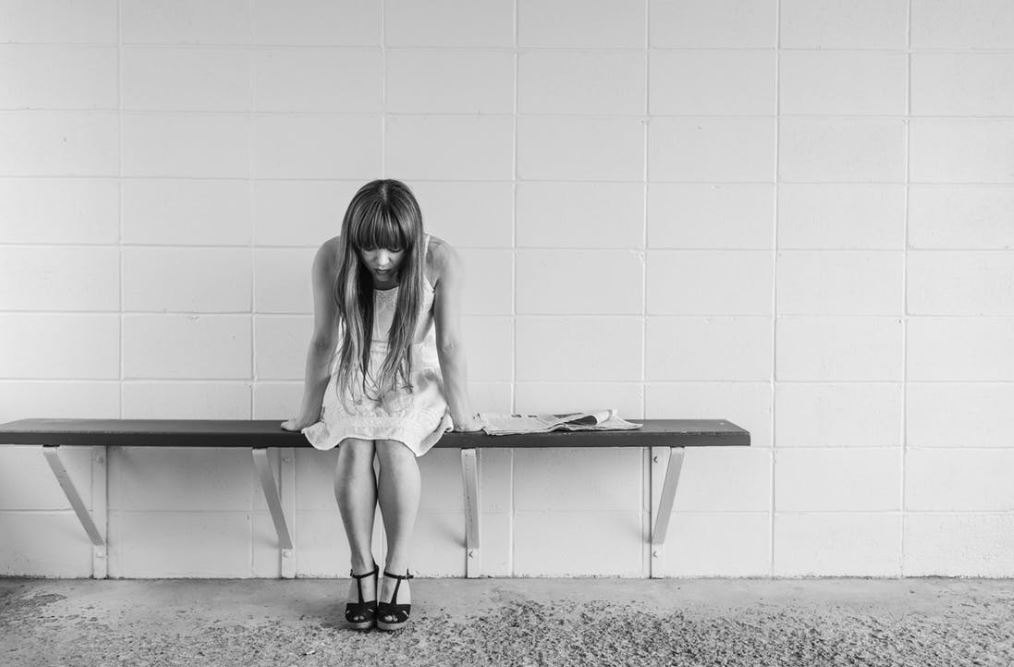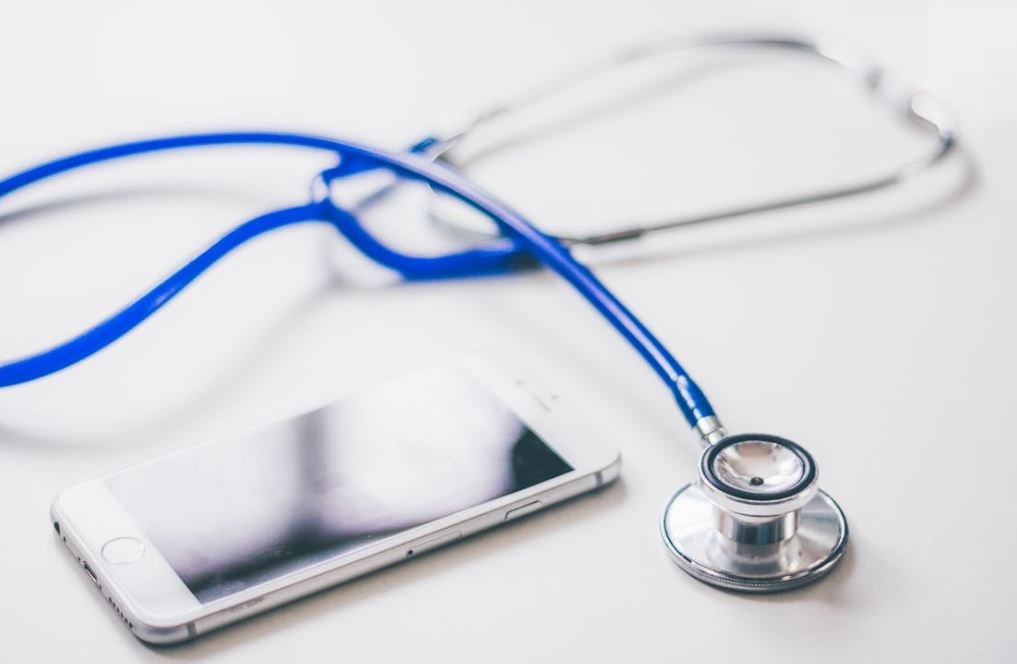Down in The Dumps: Depression And What To Do About It!
Apr 11, 2017 05:43
Everyone has a bad day now and again. But being a bad mood because you missed the bus to work, dropped your lunch and got caught in the rain on the way home is very different to having the clinical condition called depression. Depression is something a lot more serious, and it can affect your quality of life and even your life expectancy. But what is depression and what can you do about it? Read on to find out.

Image
Depression is a recognized medical condition that is characterized by a persistent low mood. There are different types of depression such as major, atypical and bipolar. Each of which is slightly different from the others.

Image here
So how can we tell if we have depression? Well, apart from a low mood, depression may present itself with many other symptoms. For example, sleep disturbances are common. Such as not being able to sleep, known as insomnia, or sleeping way too much.
Changes in eating habits are also a key sign of depression. But they vary from person to person. As some folks may eat more causing rapid weight gain, while some eat less, causing weight loss.

Image source
Do you recognize these signs of low labido? They could be due to depression too. Or are you noticing that you are spending and more and more time alone and want to do less of the thing you used to enjoy? Or you can’t quite get up the energy to go out and spend time with your friends? Again, these can be common symptoms of depression being expressed.
Of course, depression is something that can be alleviated to a certain degree, if not totally cured. That is why it might just be time to get yourself to the doctors and get checked out if you recognize any of these symptoms. To understand better, start understanding the MTHFR gene mutation and what is MTHFR.

Picture link

Picture
IV ketamine therapy is also a good form of therapy, without ongoing side effects, if administered properly.
Of course, medication is only one treatment route, and many folks choose other options or combine medication with different techniques like the ones below.
Many people find it helpful to have someone to listen to their problems. They can also find it cathartic to be able to get things that are bothering them off their chest without being judged.
This is because not only does exercising get rid of all of those nasty toxins in your body that could be contributing to making you feel horrid. But it also produces loads of the happy hormone, endorphins which can help raise your mood.

Image link
This, in turn, makes it easier to cope with things. As the saying goes ‘change your thoughts, change your world.’ But it's not about plastering on a smile when you are really feeling awful. It’s more about challenging the negative thoughts and seeing that while they are there, you don't necessary have to believe them.
Remember just because you think something doesn't mean that it is true. Otherwise, no one would ever get confused or make a mistake!
So you make the commitment to do it and accept the discomfort it brings. Then over time you get better and more practiced at doing that action. Which makes it easier, and as you are doing more and achieving something, it also helps to improve your mood.
What is depression?
Image
Depression is a recognized medical condition that is characterized by a persistent low mood. There are different types of depression such as major, atypical and bipolar. Each of which is slightly different from the others.
What are the symptoms of depression?
Image here
So how can we tell if we have depression? Well, apart from a low mood, depression may present itself with many other symptoms. For example, sleep disturbances are common. Such as not being able to sleep, known as insomnia, or sleeping way too much.
Changes in eating habits are also a key sign of depression. But they vary from person to person. As some folks may eat more causing rapid weight gain, while some eat less, causing weight loss.
Image source
Do you recognize these signs of low labido? They could be due to depression too. Or are you noticing that you are spending and more and more time alone and want to do less of the thing you used to enjoy? Or you can’t quite get up the energy to go out and spend time with your friends? Again, these can be common symptoms of depression being expressed.
Of course, depression is something that can be alleviated to a certain degree, if not totally cured. That is why it might just be time to get yourself to the doctors and get checked out if you recognize any of these symptoms. To understand better, start understanding the MTHFR gene mutation and what is MTHFR.
Picture link
Medications
One of the things that the doctor may recommend for you if they diagnose you with depression is medication. The most popular form being SSRI or Selective Serotonin Reuptake Inhibitors. These work by stopping the brain reabsorbing serotonin when it's produced. So there is more available to be used, which is known to have an effect on mood.Picture
IV ketamine therapy is also a good form of therapy, without ongoing side effects, if administered properly.
Of course, medication is only one treatment route, and many folks choose other options or combine medication with different techniques like the ones below.
Talk Therapy
A technique that has been proved popular in the past for treating depression is counseling or talk therapy. This when you make an appointment with a qualified counselor and talk through the things that are bothering you.Many people find it helpful to have someone to listen to their problems. They can also find it cathartic to be able to get things that are bothering them off their chest without being judged.
Exercise
Another very popular treatment for depression is exercise. Now it might seem a little harsh to suggest that while you are feeling down, you find the motivation to go out and get moving. But actually, once you have got over the initial hump of inertia, exercise can really make a big difference.This is because not only does exercising get rid of all of those nasty toxins in your body that could be contributing to making you feel horrid. But it also produces loads of the happy hormone, endorphins which can help raise your mood.
Image link
CBT
However, if you have been suffering from depression, then it's also worth considering a relatively new technique know as CBT. CBT or Cognitive Behavioral Therapy is designed to help you dispute many of your negative thoughts about yourself and certain situations.This, in turn, makes it easier to cope with things. As the saying goes ‘change your thoughts, change your world.’ But it's not about plastering on a smile when you are really feeling awful. It’s more about challenging the negative thoughts and seeing that while they are there, you don't necessary have to believe them.
Remember just because you think something doesn't mean that it is true. Otherwise, no one would ever get confused or make a mistake!
ACT
Something else that can really help is to engage in ACT therapy. ACT or Acceptance and Commitment Therapy is a way of conducting your life, where you recognize that something will be hard to do while you're depressed, but that it is worth doing anyway.So you make the commitment to do it and accept the discomfort it brings. Then over time you get better and more practiced at doing that action. Which makes it easier, and as you are doing more and achieving something, it also helps to improve your mood.







































































